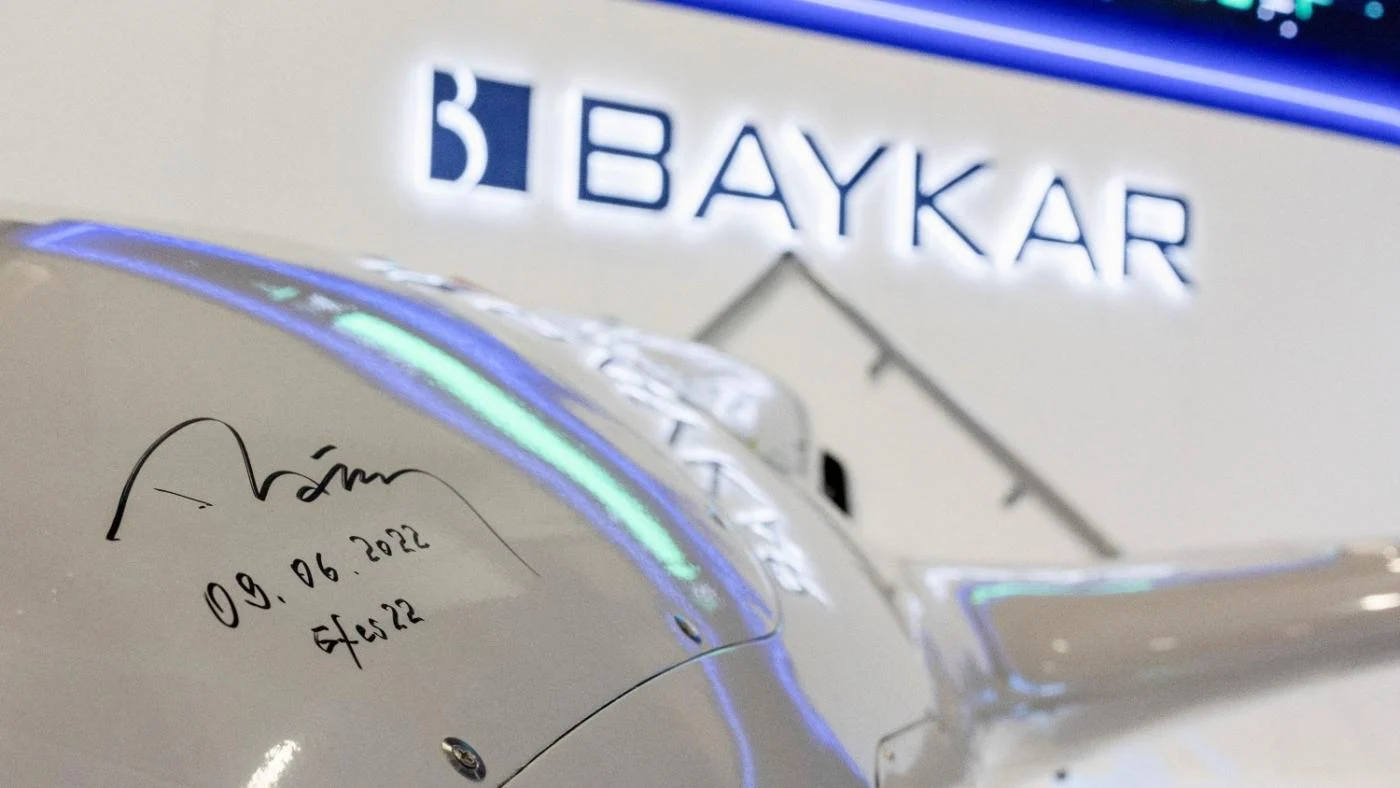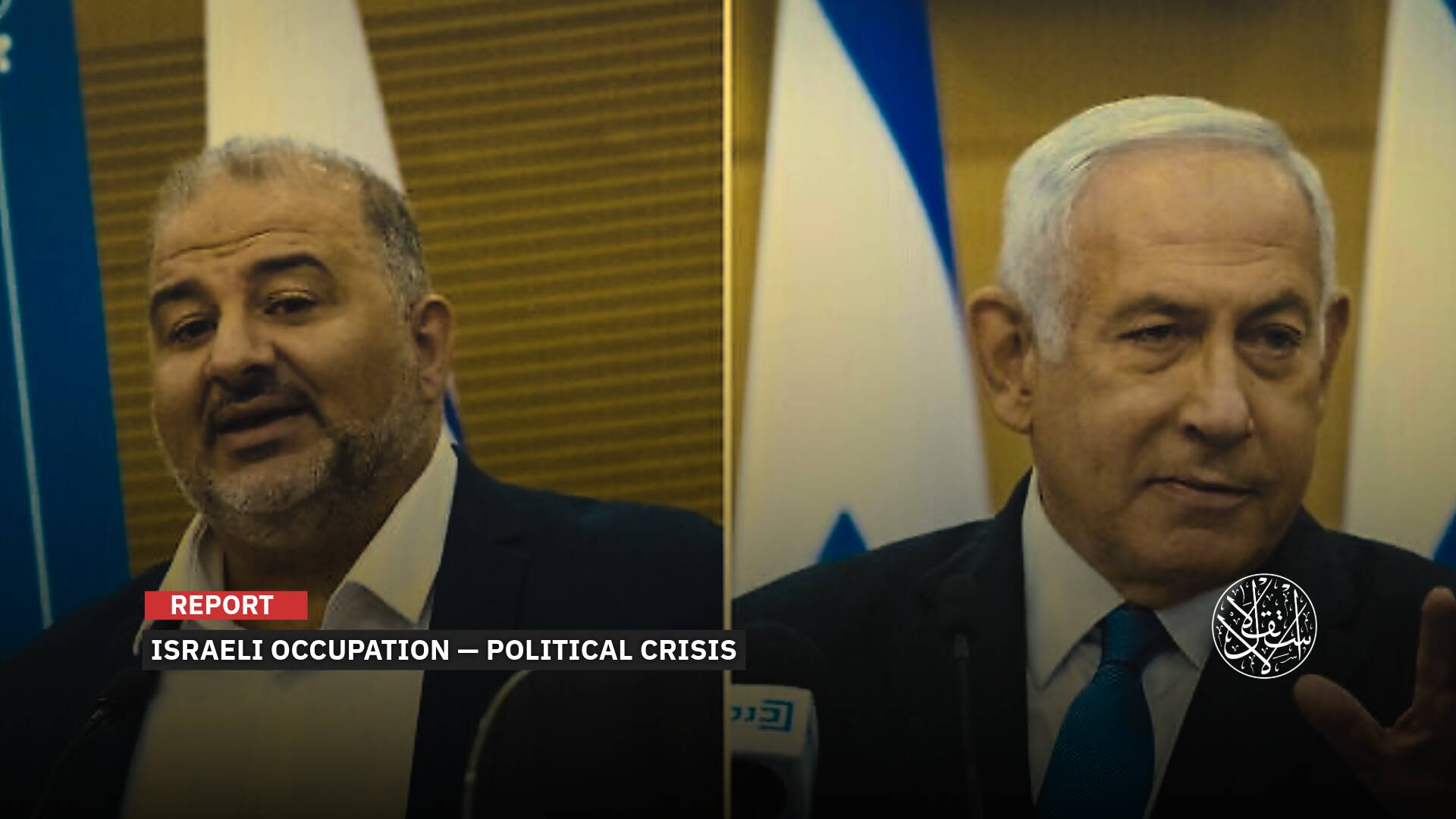Why Are African Countries Rushing to Buy Turkish Weapons?

Over the past few years, Turkiye has made record arms sales to many African countries interested in acquiring its domestically produced military equipment, including armed drones, attack helicopters, and turboprop aircraft.
Algeria is close to concluding a deal to buy 10 Anka-S drones produced by Turkish Aerospace Industries (TAI), and rival neighbor Morocco ordered 13 Bayraktar TB2 armed drones from Turkish drone manufacturer Baykar last year.
In 2021, Niger became the first foreign buyer to order the TAI Hurkus (Free Bird) training and light turboprop aircraft from the Turkish Aerospace Industries, and according to reports, Chad and Libya have since also ordered it. The deputy general manager of TAI said in September that the company expects more customers for Hurkus in Africa.
In November 2021, Nigeria ordered two Turkish Dearsan maritime patrol vessels for its navy, and since then it has ordered six T129 ATAK helicopters from TAI. Ethiopia also acquired TB2 drones in 2021 and used them during the Tigray war, and at least ten African countries ordered Turkish-made armored military vehicles.

Unprecedented Collaboration
Dr. Ali Bakir, a non-resident senior fellow at the Atlantic Council and an assistant professor at the Ibn Khaldon Center at Qatar University, said that “Turkiye’s exports of defense equipment to Africa are absolutely unprecedented in terms of quantity, quality, value, and reach.”
He told Middle East Eye (MEE) that this reality should not be dissociated from Ankara’s strategy to deepen its political, economic, and security connections with several African nations, which is contributing to the country’s growing influence on the continent.
Nicholas Heras, director of strategy and innovation at the New Lines Institute, agreed, noting that Turkiye’s defense industry “is now reaping the results of Turkish diplomats’ many years of efforts to make Turkiye a major exporter to Africa.”
“Turkiye’s defense industries have a proven capability to produce weapons systems quickly, efficiently, and in large quantities,” he told MEE.
Over the past five years or so, Turkiye’s leading defense industry companies have been looking to increase their exports, expand their reach, diversify their overseas markets and find new buyers, Bakir said, adding that battlefield tests of Turkish and Russian regimes in Libya, Syria, and Nagorno-Karabakh have made a tangible difference in promoting the Turkish arms industry.
One of the most important factors that make Turkish equipment attractive to many African countries fighting local non-state actors is that Turkish arms deals do not come with conditions.
“Turkiye’s weapons are not accompanied by human rights restrictions, which is exactly what state actors in many African countries want: robust weapons systems that have proven their ability to fight come quickly and without routine restrictions,” Heras said.
Another reason why these countries are pursuing Turkish systems, especially drones, is that they have repeatedly demonstrated their capabilities and effectiveness in active conflict zones in recent years.
“Turkiye’s customers in Africa want Turkish drones because they are durable, easy to operate and maintain, and are used in the fight against both state and non-state actors,” Heras said.
While Turkish drones do not have a similar record against government actors with advanced air defense systems, such as Russia, that is not necessarily what buyers are seeking.
Bakir believes that there is a “combination of factors” behind this sudden demand for Turkish military equipment in Africa, which has helped promote Turkiye with lower prices and high efficiency as well as real battlefields testing, but added that another non-material factor is “the lack of colonial history in African countries which encourages dealing with Turkiye on the basis of a win-win situation.”

Diplomatic Influence
The African continent has been, and still is, a central axis of diplomatic and economic competition between great powers, such as the United States of America, China, and Russia, and since the beginning of the twenty-first century, Turkiye has been crystallizing a new foreign policy towards African countries, to ensure that it has a geostrategic and economic foothold on the continent.
Ankara’s roadmap for developing its relations with Africa is based on a multi-track system, including strengthening the presence of its diplomatic missions and encouraging private sector companies to gain a foothold in infrastructure projects on the continent.
Moreover, coordination between the government initiative and the private sector is also reaping the fruits of the deep-rooted dynamic of soft diplomacy through the education, humanitarian, and medical cooperation sector which has witnessed a significant boom due to the repercussions of the Coronavirus pandemic.
The largest indicator of Turkiye’s strategic position in the African continent is the dynamism of the expansion of its network of embassies across the various countries of the continent, as the number of Ankara’s representations in Africa in 2022 reached 44, the latest of which was the Turkish Embassy in Guinea-Bissau, and it also aspires, in the foreseeable future, to open 49 embassies through its presence in the following capitals: Bangui, Monrovia, Lilongwe, Maseru, and Mbabane.
In parallel with the dynamic of the close diplomatic presence in most capitals of the continent, Ankara has been able to encourage the presence of African representations in it by opening more embassies and consular offices, as evidenced by the hosting of the capital of Turkiye for 37 African diplomatic representations, and the opening of the 38th African embassy of Togo before the end of this year.
The strengthening of the diplomatic presence network coincides with the increase in the frequency of visits of African delegations to Ankara, as these visits to Turkiye amounted to 38 visits to various African diplomatic missions, despite the precautions related to the repercussions of the Covid-19 virus.

Economic Relations
Ankara’s steady diplomatic presence has always been in parallel with the increasing volume of trade exchanges between Turkiye and the various countries of the African continent.
This is evidenced by the growth in the volume of trade exchanges, which increased from $ 5.4 billion in 2003 to $ 34.53 billion in 2021, despite the decline recorded globally at the level of trade exchanges due to the effects of the Covid-19 pandemic on the global economy.
The ambition of the Turkish authorities and the private sector does not stop at this steady rise in the number of commercial transactions but aims to double the level of these exchanges to exceed the level of $ 50 billion in the short term.
Among the indicators of this economic dynamism with the countries of the continent is the remarkable and steady rise in exchanges, especially with the countries of South Africa, Nigeria, Ivory Coast, Mauritania, and Ghana.
Another fact must be taken into account to understand the dynamic, as it is reflected in the growing strength of Turkiye’s economic presence in Africa and the development of Turkish direct investments in the countries of the continent, which amounted to $ 6 billion.
Turkish companies, for their part, have so far completed more than 1686 projects, with a market value of more than $ 77.8 billion, and perhaps this success achieved by the private sector is what encouraged the establishment of 45 Turkish-African Business and Economic Exchange Councils in various countries of the continent, through the Turkish Economic Exchange Council for the Private Sector (DEIK).
On the other hand, and in support of the private sector, the Turkish Ministry of Trade signed in 2021 a cooperation agreement with the General Secretariat of the African Continental Free Trade Area (AfCFTA).
Ankara has so far signed a total of 48 trade agreements with 48 African countries, in addition to concluding 32 investor protection treaties and non-double taxation protocols with 16 African countries.
At the banking level, Turkish banks, for their part, have begun to register a presence in the continent by opening a branch of the largest public bank, Ziraat Participation Bank (Ziraat Katılım), in Sudan, as well as a branch of the Turkish Labor Bank (İşbank) in Egypt.
What should not be overlooked is that this political and economic dynamic would not have flourished without the growth of the Turkish airline’s network, whose flights in 2022 reached a coverage level covering 33 countries on the continent and 44 destinations in Africa.










